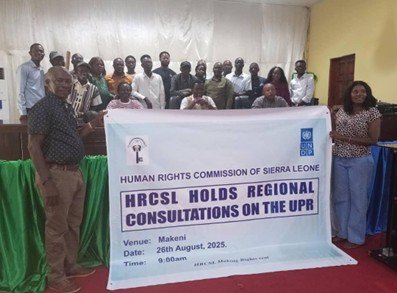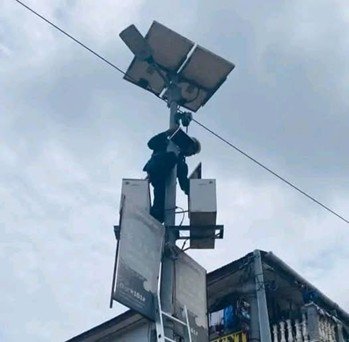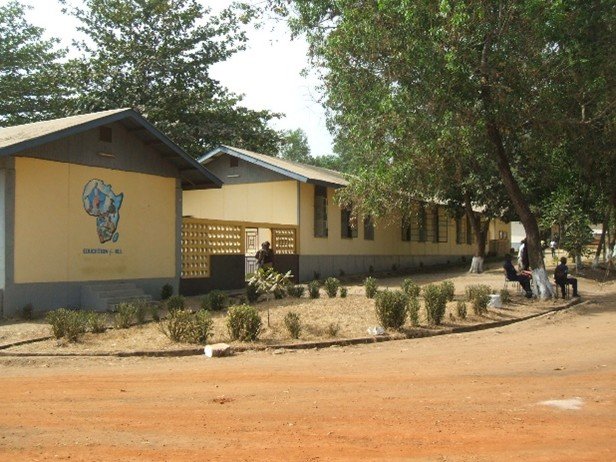CSOs, MDAs Discuss UPR Progress
The Human Rights Commission of Sierra Leone (HRCSL), with support from the United Nations Development Programme (UNDP), last week convened a strategic consultation with 22 representatives from Ministries, Departments, and Agencies (MDAs) and Civil Society Organizations (CSOs) at the Bombali District Council Hall in Makeni. The objective was to gather evidence-based data on the status of implementation of the Universal Periodic Review (UPR) third cycle recommendations.

Organised through its Directorate of Treaty Body Reporting and International Mechanisms, the engagement forms part of HRCSL’s efforts to compile its alternative report in accordance with UN Human Rights Council Resolution 16/21 and Decision 17/119. This report will serve to supplement and verify the State’s official report on human rights progress in Sierra Leone.
Speaking during the session, Peter Conteh, Chairman of the Bombali District Human Rights Committee, described the consultation as timely and empowering for civil society.
“This engagement has built the capacity of CSOs to hold government accountable on its human rights commitments. We will now use these recommendations to raise community-level awareness and ensure citizen participation in the monitoring process.”
Pointing out the importance of inclusive human rights advocacy, Sulaiman Kamara from the Polio Persons Development Association in Makeni acknowledged progress made by the government, but stressed the ongoing challenges faced by persons with disabilities (PwDs).
“Much remains to be done in terms of access to social services and the protection of rights for PwDs as stipulated in the Persons with Disability Act of 2011 and the UN Convention on the Rights of Persons with Disabilities (UNCRPD),” he said, pledging to intensify advocacy on UPR recommendations that directly impact PwDs.
In his remarks, HRCSL Vice Chairperson Victor Idrissa Lansana Esq. disclosed that Sierra Leone is due for its next UPR assessment in 2026. He stressed the moral responsibility of states undergoing the voluntary peer review to fully implement accepted recommendations.

“The goal of this engagement is to collect credible and reliable information from stakeholders on the extent to which Sierra Leone has adopted policies, laws, and institutions to meet its UPR obligations,” he noted.
The UPR mechanism, which reviews the human rights record of all 193 UN Member States every five years, serves as a critical accountability tool. It reminds states of their obligations under the Universal Declaration of Human Rights and other binding international treaties.

Similar consultations continued in Port Loko and Waterloo. Same will be held in Kenema and Bo on September 2–3, 2025.
By Ishmail Saidu Kanu



